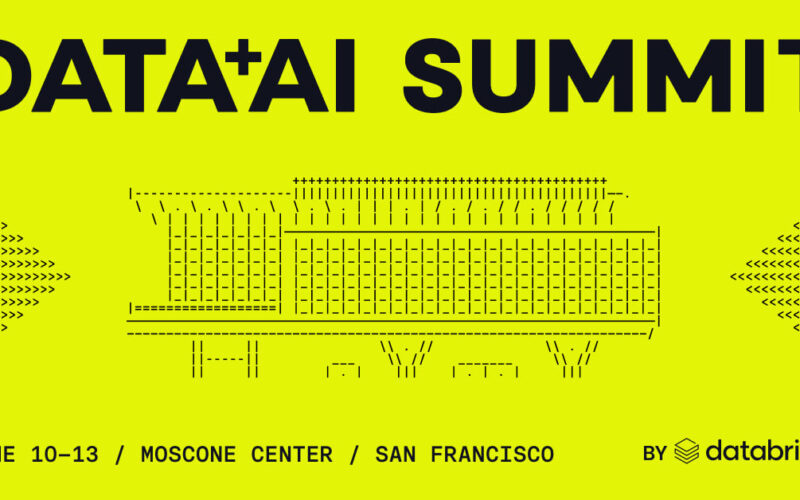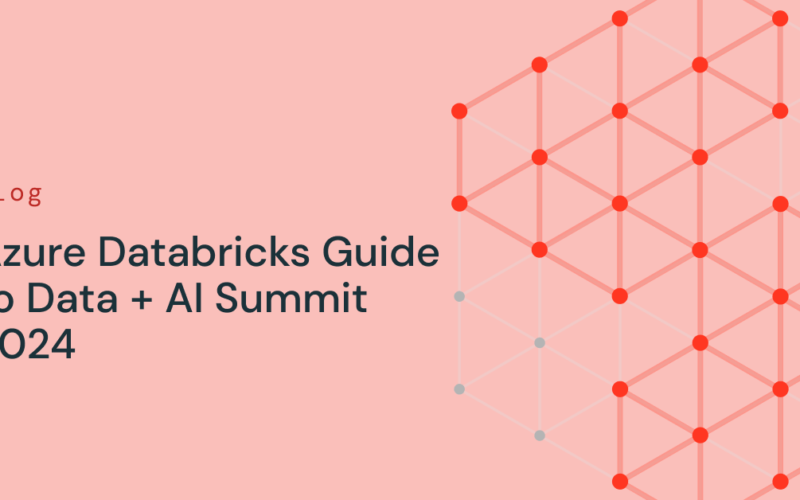07
Jun
arXiv:2406.02597v1 Announce Type: new Abstract: Neural operators extend data-driven models to map between infinite-dimensional functional spaces. While these operators perform effectively in either the time or frequency domain, their performance may be limited when applied to non-stationary spatial or temporal signals whose frequency characteristics change with time. Here, we introduce Complex Neural Operator (CoNO) that parameterizes the integral kernel using Fractional Fourier Transform (FrFT), better representing non-stationary signals in a complex-valued domain. Theoretically, we prove the universal approximation capability of CoNO. We perform an extensive empirical evaluation of CoNO on seven challenging partial differential equations (PDEs), including regular grids, structured…





